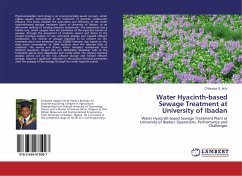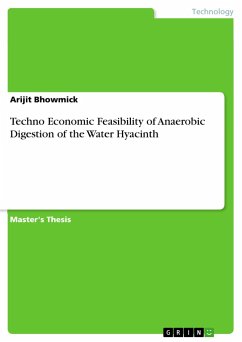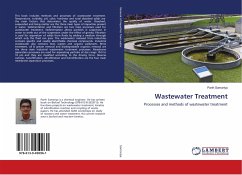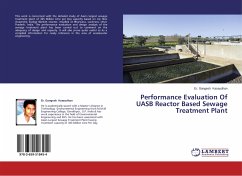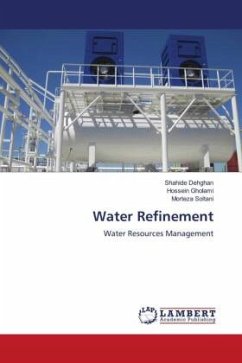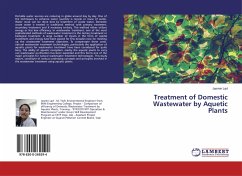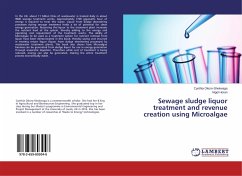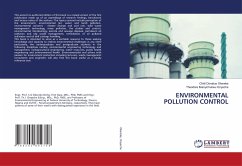Phytoremediation technology is an environmentally sound concept, which utilizes aquatic macrophytes in the treatment of domestic wastewater effluent. This study assessed the operations and efficiency of the water hyacinth-based sewage treatment plant at University of Ibadan, as an alternative method of treating domestic wastewater. The assessment was a holistic one, which ranged from the estimation of the expected volume of sewage, through the assessment of conduits, sewers and drains to the physico-chemical analysis of raw untreated sewage and treated effluent wastewater. The volume of sewage expected to be influent on the treatment plant was estimated to be 255080 litres/per day, based on the daily water consumption of 3644 students from the selected halls of residence. The sewers and drains, which transport wastewater from Obafemi Awolowo, Queen Idia and Abdulsalmi Abubakar halls to the treatment plants were dilapidated and mostly silted. The physico-chemical analysis carried out on the raw influent sewage and treated effluent sewage, showed a significant reduction in the physico-chemical parameters after the passage of the sewage through the water hyacinth ponds.
Bitte wählen Sie Ihr Anliegen aus.
Rechnungen
Retourenschein anfordern
Bestellstatus
Storno

